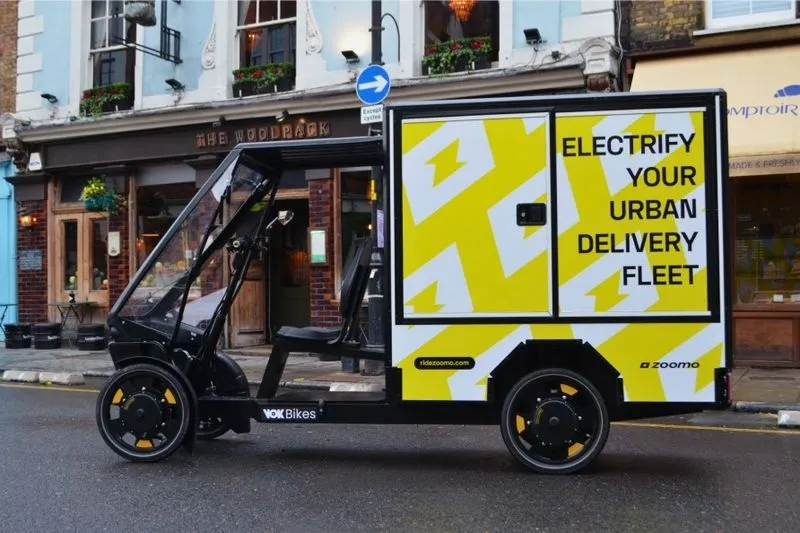Liberty Electric Cars has been selected to become one of the major partners of the project thanks to its extensive experience in electric commercial vehicle engineering and design. Its team of experts played a crucial role in the development of the Modec truck, a range of 5.5t commercial vehicles that have been sold to a wide variety of customers across Europe. Operators of the Modec truck include global companies like FedEx, UPS, Tesco’s and Veolia. Their unique team of engineers have created EVs that have
April 27, 2012
Read time: 2 mins
The main objective of Deliver is to produce a pure electric commercial vehicle that is 40 per cent more efficient than any ICE-powered commercial vehicle on the road today, with a gross weight between 2.2 and 2.5t and a payload of 700 kg.
The Deliver project is co-funded by the European Community’s 7th Framework programme for Research and Technological Development which is the EU’s main instrument for funding research in Europe.









